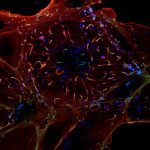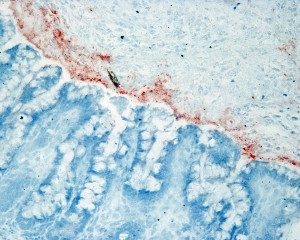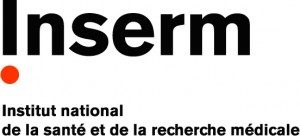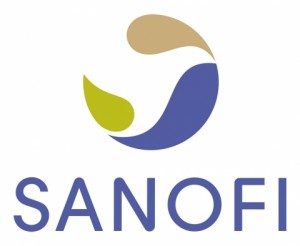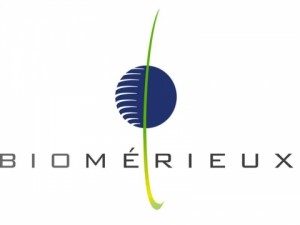Présentation
This project can be seen in the perspective of the current attempts at preventing and treating infectious diseases and dysbiosis situations, by finding innovative therapeutic strategies to selectively stimulate the antimicrobial components of epithelial innate immune mechanisms. Such antimicrobial immuno-stimulation may be relevant both in situations of endemic infections in the developing world, and infectious and inflammatory pathologies in industrialized countries.
Our project’s central aim is to decipher the detailed mechanisms of genetic and epigenetic regulation of major human epithelial antimicrobial peptides (AMP), including defensins and cathelicidins, and to identify and characterize molecules of the pharmacopoeia that boost expression of these factors, without affecting the expression of bona fide pro-inflammatory genes. Such candidate molecules would represent a breakthrough in the field of anti-infectious strategies in an era of limitation of antibiotic discovery and use, in face of the spread of resistance.
We are developing this project in collaboration with the Institut Pasteur Korea in Seoul that offers outstanding high-throughput screening capacities, and with our pharma partners Sanofi and BioMérieux. (i) At the fundamental level, pan-human genomic silencing by siRNA allowed us to identify unknown regulatory circuits of AMP gene expression, including key effectors of genetic regulations and epigenetic modifications. This approach provided strong bases for a translational research project: (ii) combining our basic transcriptional and epigenetic studies with high-throughput screenings for compounds of the pharmacopoeia, we have identified several hit molecules, all inducing strong expression of AMP without triggering bona fide pro-inflammatory genes.
Now, we are working to bring the proof of concept that some of these hit molecules actually qualify as true lead molecules with a therapeutic future. Validation and subsequent development of a series of candidate immuno-stimulatory molecules boosting AMP expression at the host-microbe interface without causing deleterious inflammatory lesions is eagerly awaited by pharmaceutical companies that not only face a drought in the discovery of novel antibiotics to face the resistance crisis, but also operate in an evolving environment where the global use of antibiotics is increasingly restricted for ecological constraints.
We consider at least three major domains of application for efficient immuno-stimulatory molecules where the medical, social and economic impact could be decisive: recurrent enteric infections in pediatric populations of low income countries, chronic inflammatory bowel diseases, and myelosuppressive and immunosuppressive therapies, with the aim to respectively avoid luminal bacterial overgrowth causing malnutrition, chronic intestinal inflammation, or deadly gut-derived bacterial translocation events.


